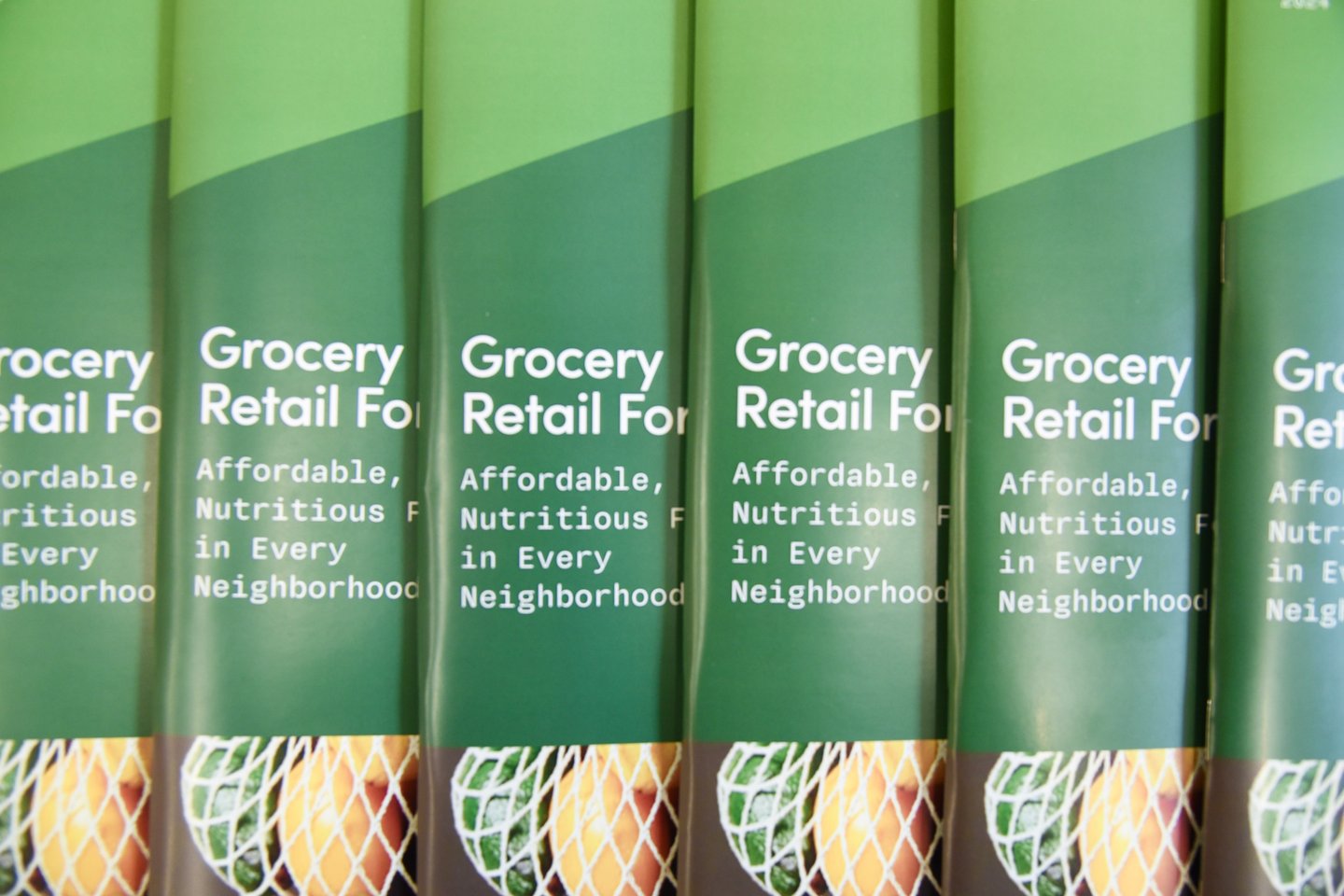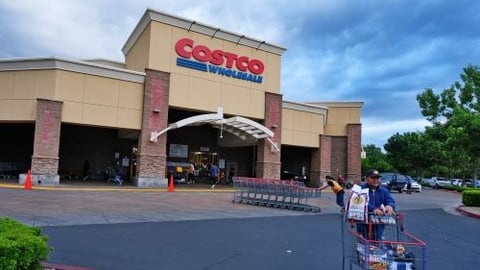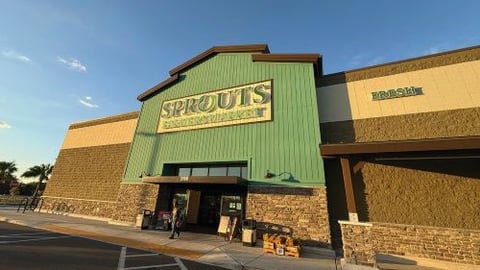EXCLUSIVE: How Grocery Execs Can Pay It Forward
If a circular, more balanced food system is a goal, paying it forward can round out the edges and speed progress. That’s the philosophy driving one longtime grocery executive dedicated to sharing knowledge in the hope of improving food security and shared industry success.
Progressive Grocer recently talked with Don Fitzgerald, whose background includes roles as co-founder and CEO of the former Dom’s Kitchen and Market, group VP at Mariano's and Roundy's Supermarkets and, currently, partner at The Partnering Group consulting firm. An advisor to the Food Systems for the Future Institute (FSFI) organization, he contributed to the report, “Grocery Retail for All: Affordable, Nutritious Food in every Neighborhood,” that was shared at the recent Grocery Retail for All Summit in Washington, D.C. The report emphasized the need for creative solutions to persistent challenges faced by grocery operators in low-income communities across the United States and discussed opportunities for collaboration within the sector.
“Now, it’s really going forward,” reported Fitzgerald of such collaboration, adding that a potential pilot program in select cities may determine how some of the suggested best practices can be applied in low-access urban and rural communities.
In parallel, Fitzgerald is espousing the value of a grocery retail executive “core,” a group of industry leaders who can lend their insights and advice to the initiative. “This industry has so many talented, caring people, so why not access that? If you are a smaller operator and concerned about waste, labor, policy or buying, there are things that this network of executives can help you jumpstart that and get over the hump,” he explained.
He cited an example. “As operators, we say, ‘When it’s warm in summer, don’t cut as much meat because it’s humid in the store.’ Those kinds of things can cost a operator lots of money,” he pointed out. “So, the topics could range from day-to-day operations to disaster recovery. A big business could close a store or two in a disaster, but if you are small operator, what do you do?”
Moving forward, Fitzgerald said that the goal is to form and deploy this core group of executives to support operators in lower-income, lower-access areas. In addition to providing practical advice, the executives can share ideas on local engagement. “From my perspective, we are also trying to figure out how to deepen yourself as part of the community,” he said.
In addition to their expertise, grocery leaders share a passion for the industry and the people that they serve. “It may sound cliché, but I think that food is central to so much of what we do in life. Gathering at holiday tables or at births and wakes or every day, we come together around food. Food is that human connection,” he declared, adding, “This is where I think that retail executives want to continue to do that. It gets in your blood and this industry has given them a good life – now they can pay it forward.”
Participation in this grocery core group can involve a couple of days of volunteering at stores, among other forms of outreach and counsel, according to Fitzgerald. “The reaction has been good. For most people there is a warm spot in their heart for something like this,” he added.
Those interested the network can email [email protected].






